In a world where silence can be as deafening as violence, the muted response of many Muslim-majority countries to the ongoing genocide in Gaza has raised critical questions. Over 30,000 Palestinians, the vast majority civilians, have been killed in the Israeli assault on Gaza since October 2023. Images of bombed hospitals, starving children, and razed neighborhoods have flooded global media. Yet, the political response from the Muslim world has largely been symbolic, inconsistent, or disappointingly passive.
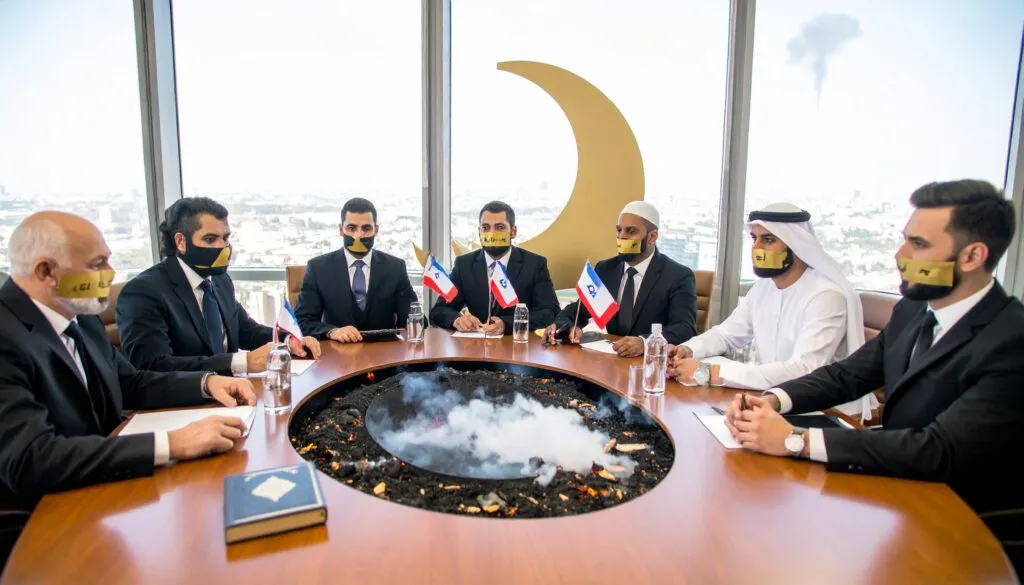
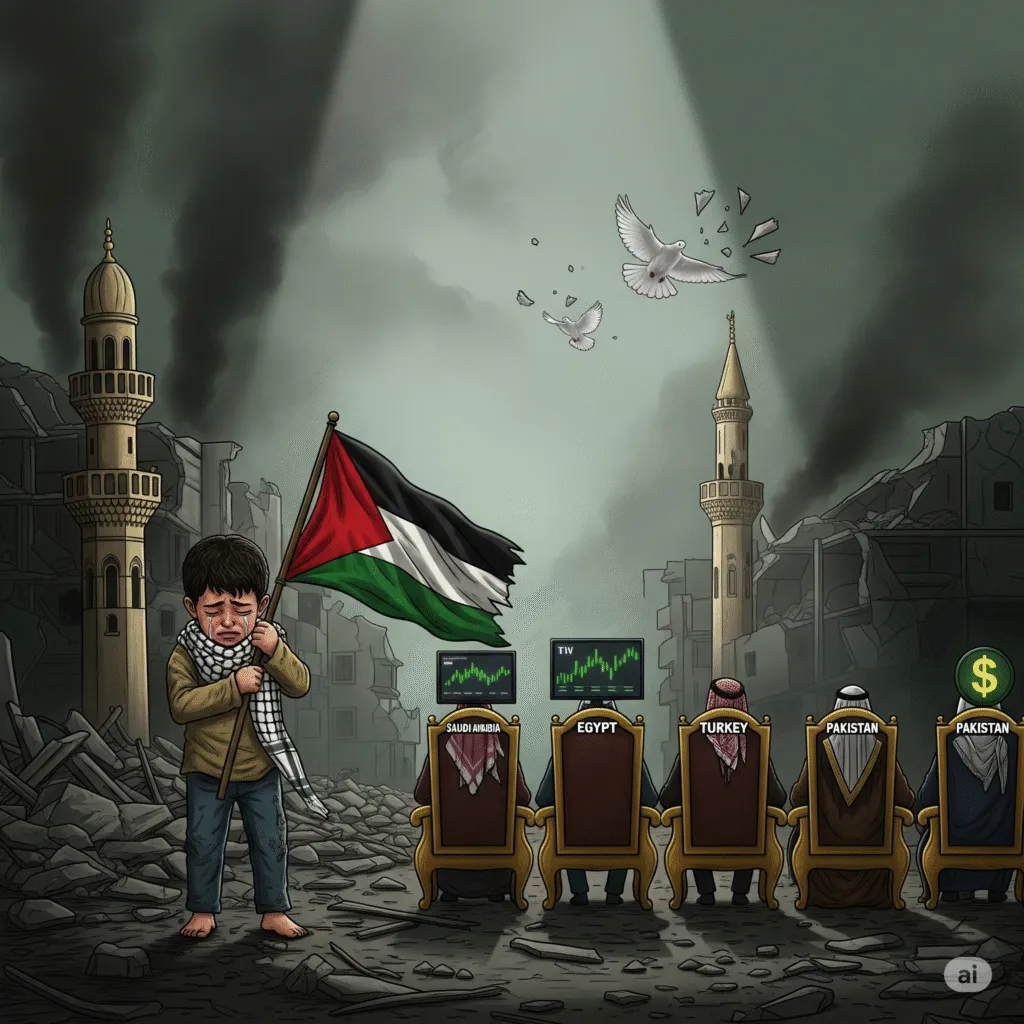
Why are Muslim countries — many of which claim to uphold the cause of Palestine — so silent, or at best, reactive and fragmented?
Table of Contents
- 1 1. Authoritarianism and Political Survival
- 2 2. Normalization with Israel
- 3 3. Sectarian and Geopolitical Rivalries
- 4 4. Economic Dependency on the West
- 5 5. Fear of Domestic Unrest
- 6 6. Disunity and Lack of Leadership
- 7 7. Media Control and Misinformation
- 8 8. Realpolitik Over Religion
- 9 Conclusion: The Price of Silence
1. Authoritarianism and Political Survival
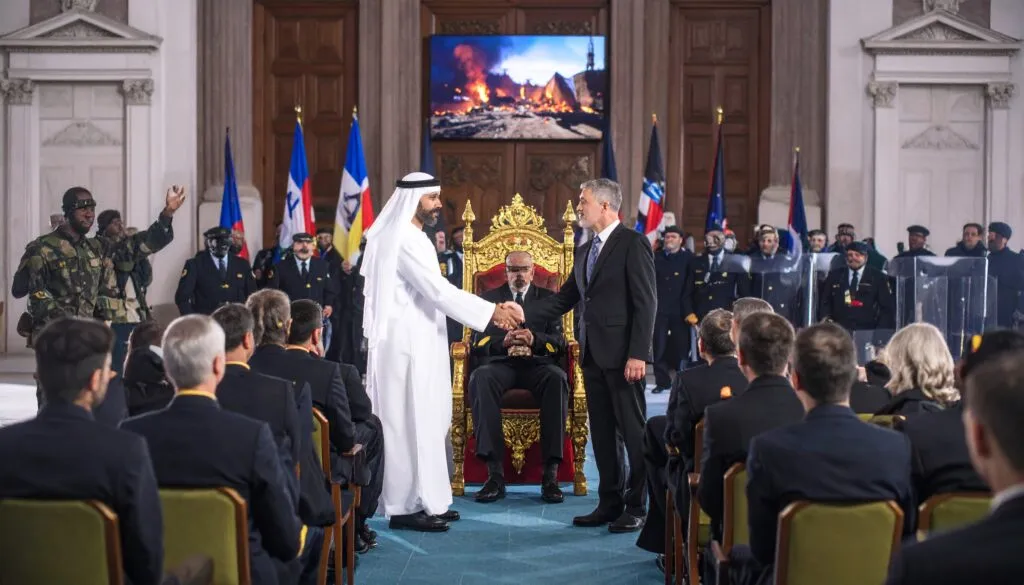
Many Muslim countries are governed by authoritarian regimes that prioritize regime survival over moral or religious obligations. Speaking out against powerful actors like Israel or its Western allies — particularly the United States — can risk economic sanctions, political backlash, or loss of military aid. Countries like Egypt, Saudi Arabia, and the UAE rely heavily on U.S. support to maintain internal stability and regional power. Criticizing Israel openly risks jeopardizing these alliances.
2. Normalization with Israel
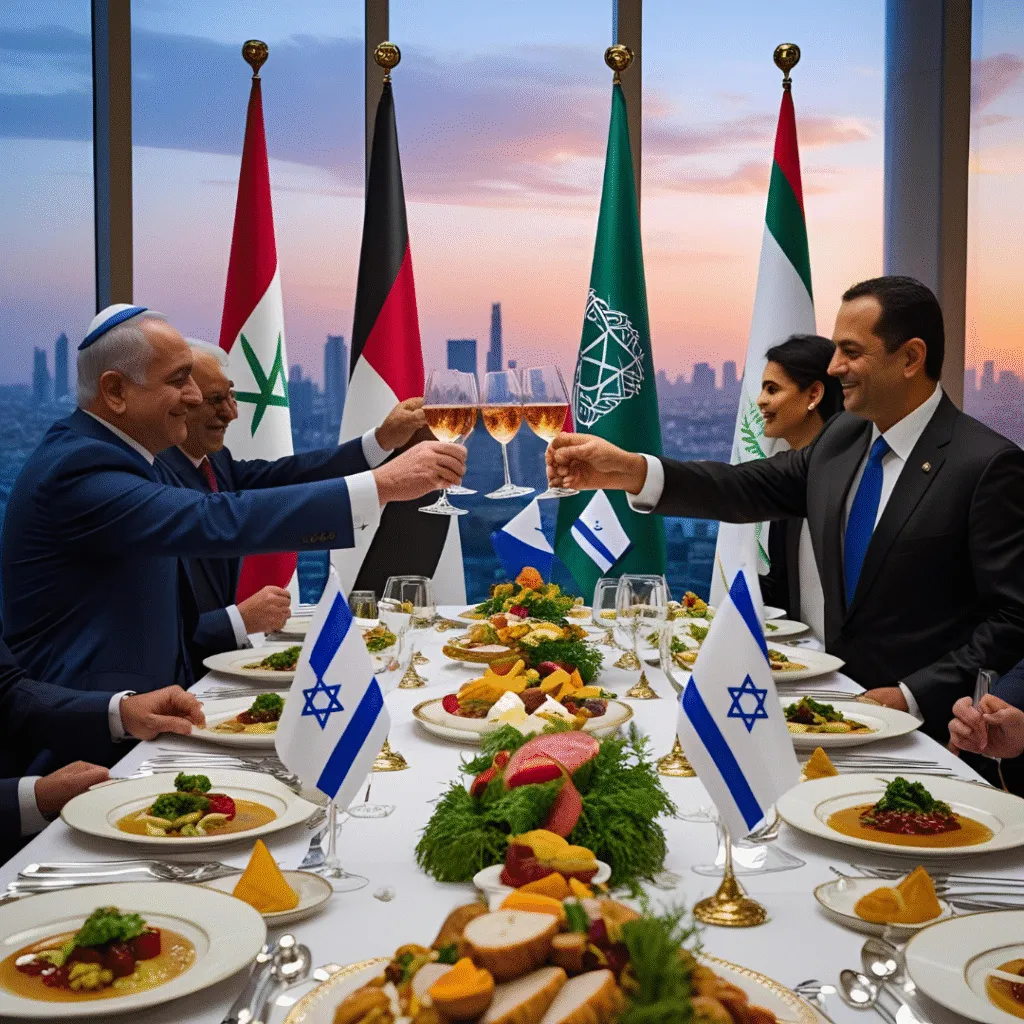
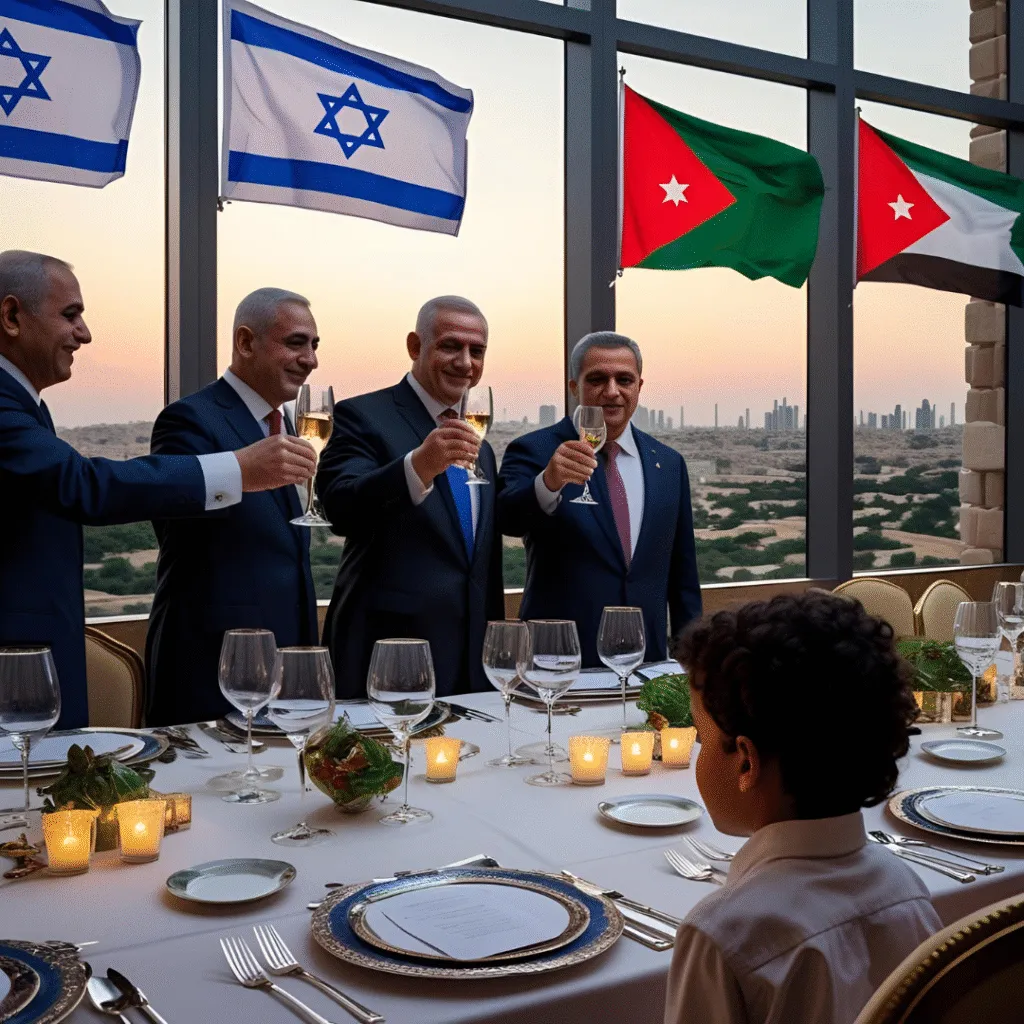
Several Muslim-majority countries have recently normalized relations with Israel through the Abraham Accords and similar backchannel agreements. The UAE, Bahrain, Sudan, and Morocco have established official diplomatic ties. This normalization has shifted priorities from solidarity with Palestine to trade, technology, and military cooperation with Israel. These countries are less likely to condemn their new economic partner, even in the face of war crimes.
3. Sectarian and Geopolitical Rivalries
The Muslim world is far from united. Deep sectarian divides — particularly between Sunni-majority states like Saudi Arabia and Shia-majority Iran — shape foreign policy decisions. Some Sunni states view Iran, a vocal supporter of Palestinian resistance groups like Hamas, as a bigger threat than Israel. This leads to a paradoxical situation where opposition to Iran trumps concern for Palestine.
4. Economic Dependency on the West
Countries like Jordan, Egypt, and Pakistan are economically fragile and dependent on Western financial institutions and donors. Their leaders fear that taking a strong stand against Israel might provoke economic retaliation or the freezing of aid. Gulf nations, while wealthier, are deeply intertwined with global financial systems dominated by Western powers and are similarly cautious.
5. Fear of Domestic Unrest
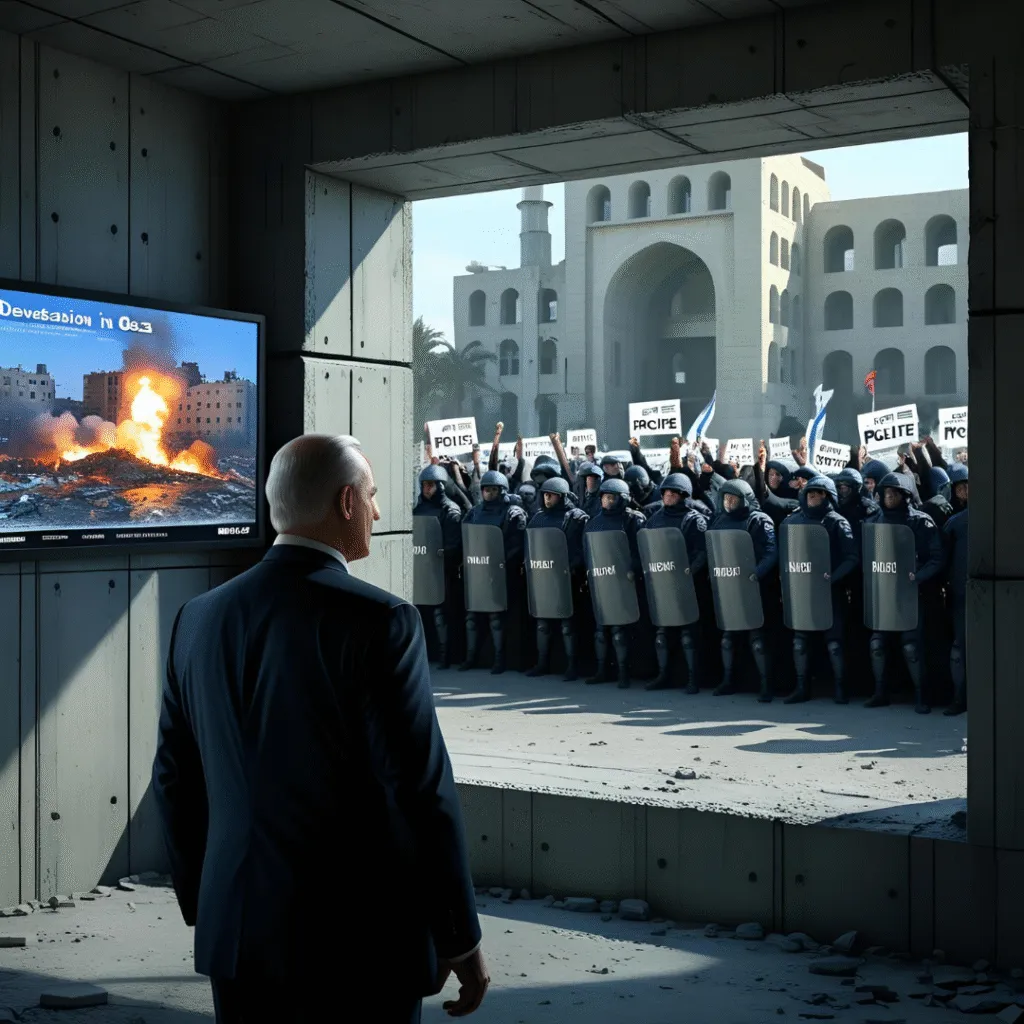
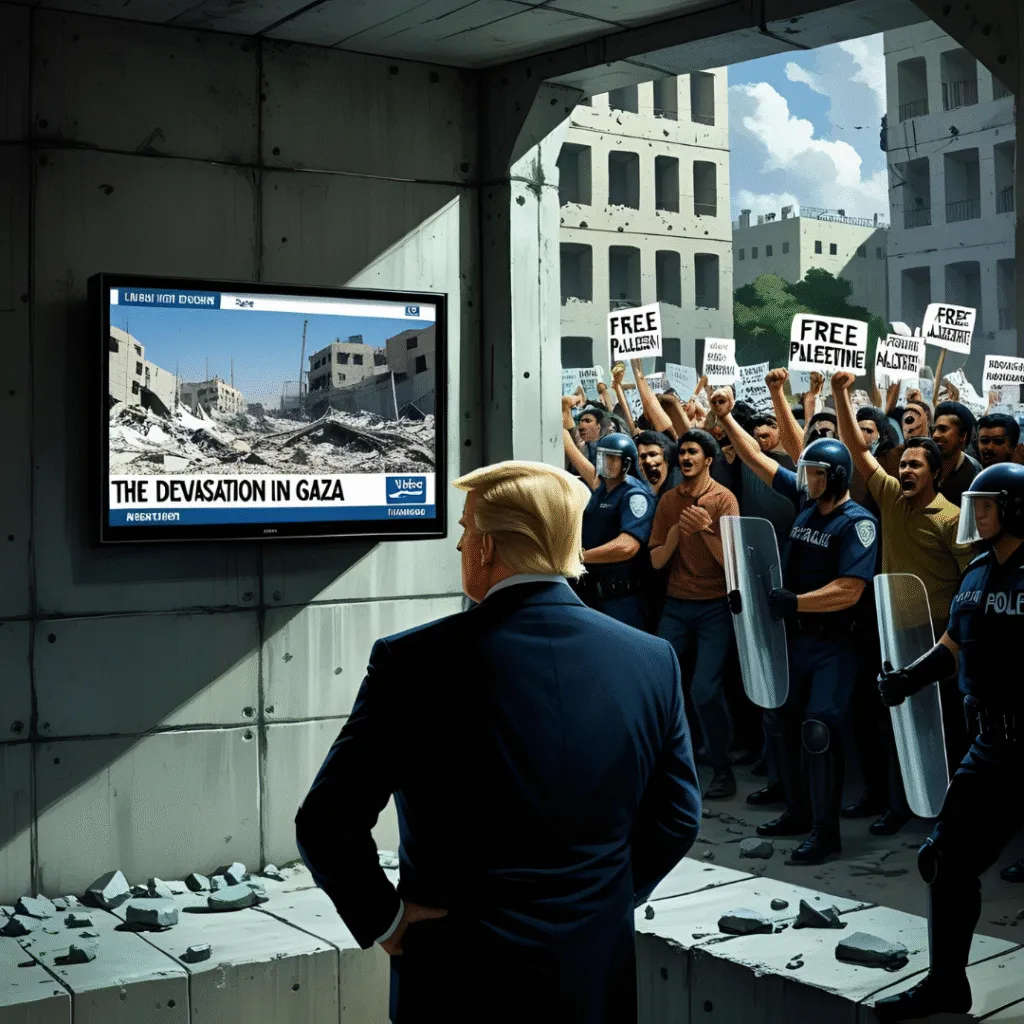
Public sentiment in many Muslim countries overwhelmingly supports Palestine. But governments fear that mass protests could spiral into broader anti-government movements. By keeping official responses muted, leaders attempt to control the narrative and prevent unrest. Crackdowns on pro-Palestine protests in countries like Egypt and Jordan reflect this fear.
6. Disunity and Lack of Leadership
The Muslim world lacks a cohesive political or religious leadership capable of organizing a unified response. The Organization of Islamic Cooperation (OIC), despite representing 57 nations, has been largely ineffective in taking decisive action. Statements of condemnation without sanctions, aid, or diplomatic pressure have little real-world impact.
7. Media Control and Misinformation
In several Muslim countries, state-controlled media avoids robust coverage of the genocide in Gaza, fearing that public outrage could ignite political instability. In some Gulf states, coverage is sanitized or framed to reflect government policy — more concerned with stability than solidarity.
8. Realpolitik Over Religion
Despite Islamic teachings that emphasize the defense of the oppressed and unity among Muslims (the Ummah), most governments operate on realpolitik. National interest often overrides religious or moral imperatives. The idea of an Islamic bloc acting as a unified voice has become more symbolic than real.
Conclusion: The Price of Silence
The ongoing genocide in Gaza is not just a humanitarian tragedy; it is a moral litmus test for the global community — especially for Muslim nations that often voice support for Palestine in principle. Their silence, inaction, or selective outrage speaks volumes about the priorities of regimes more concerned with power than people, with optics than justice.
True solidarity requires more than hashtags and empty rhetoric. It demands action — political, economic, and humanitarian. Until then, the silence of Muslim countries will remain one of the most painful betrayals in the Palestinian struggle for freedom.













